At the meeting in Bratislava the ways and means of tackling illegal migration, the question of the Western Balkans, the situation in Ukraine and its repercussions, and the EU's Green Deal all featured on the agenda. Speaking at a joint press conference after the meeting, host Lajos Odor, Slovakia's acting prime minister, stressed that the sides had discussed several strategic issues and sought to find topics where they could reach common ground.
Regarding illegal immigration, PM Odor said that as far as the future is concerned, the EU cannot afford not to find a solution to illegal immigration and in this respect, there's a need for the effective protection of the bloc's external borders. Concerning the Western Balkan's European integration aspirations, he said the region's countries must be offered a perspective that is not decades-long, but provides solutions in the midterm.
On the situation in Ukraine, PM Lajos Odor underlined that Bratislava would maintain the direction of its assistance to Ukraine, but is aware of its limitations. In the context of the EU Green Deal, he stressed that nuclear energy, which is a sustainable source of energy, cannot de disregarded or forgotten during the transition process. Polish PM Mateusz Morawiecki said that cooperation between the Visegrad countries was good, and that although differences between the V4 had been highlighted in recent months, today they managed to focus on common views. In terms of illegal immigration, he stressed that
the EU's external borders must be protected and organizations promoting illegal migration should not be supported, because it's immoral. He said that no migration quota could be agreed to, adding that Poland would not accept any mechanism that would be imposed as superior above Polish interests.
Touching on the EU's climate policy, Poland's prime minister emphasized that the V4 group comprised countries whose development was based and built on industry, and who do not want that their industries - after taking heavy blows during the coronavirus pandemic - should end up in an even worse situation. Therefore, the EU's climate policy must take into account these industrial interests, he added.
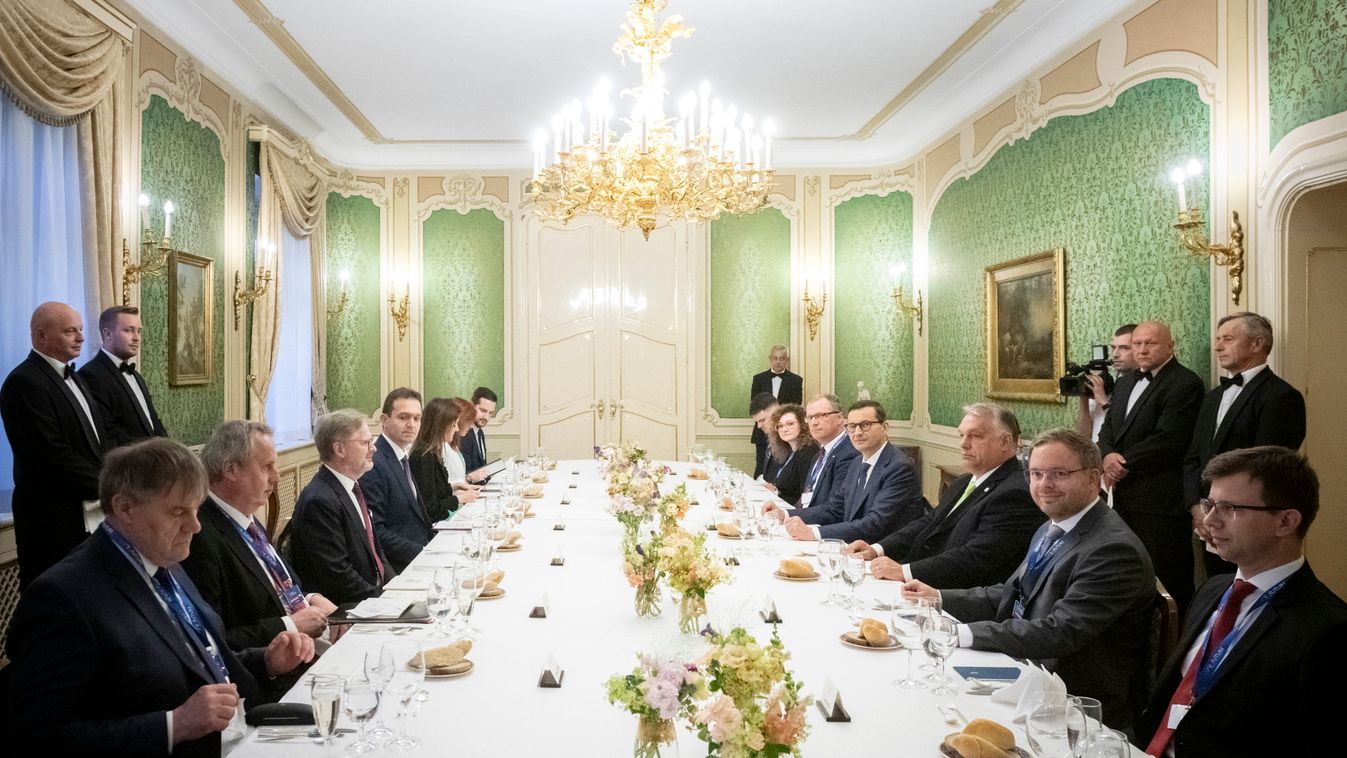


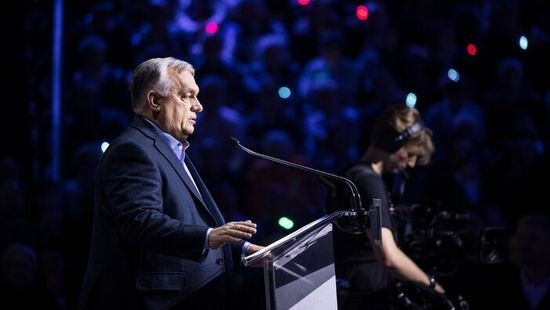
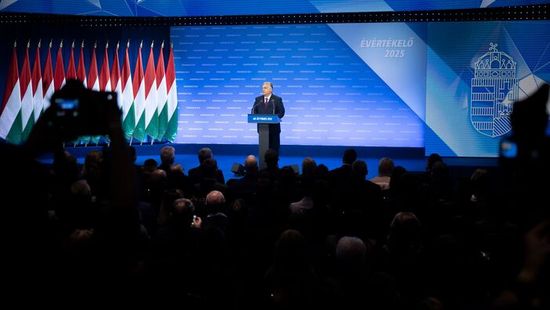

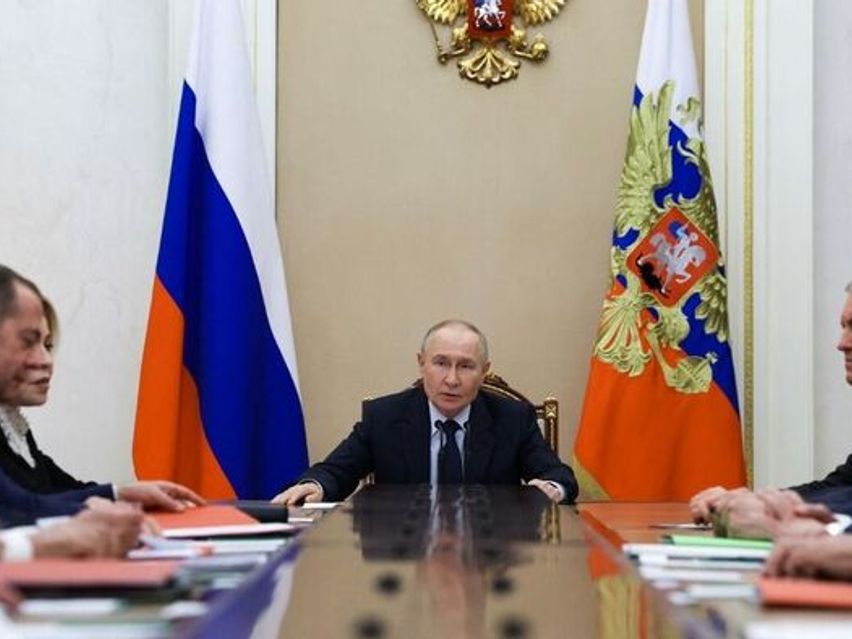
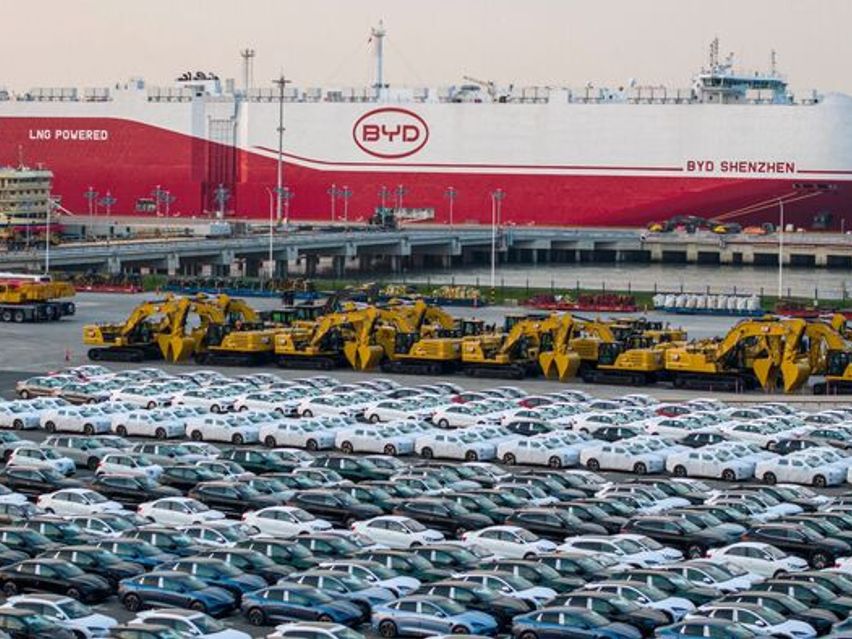
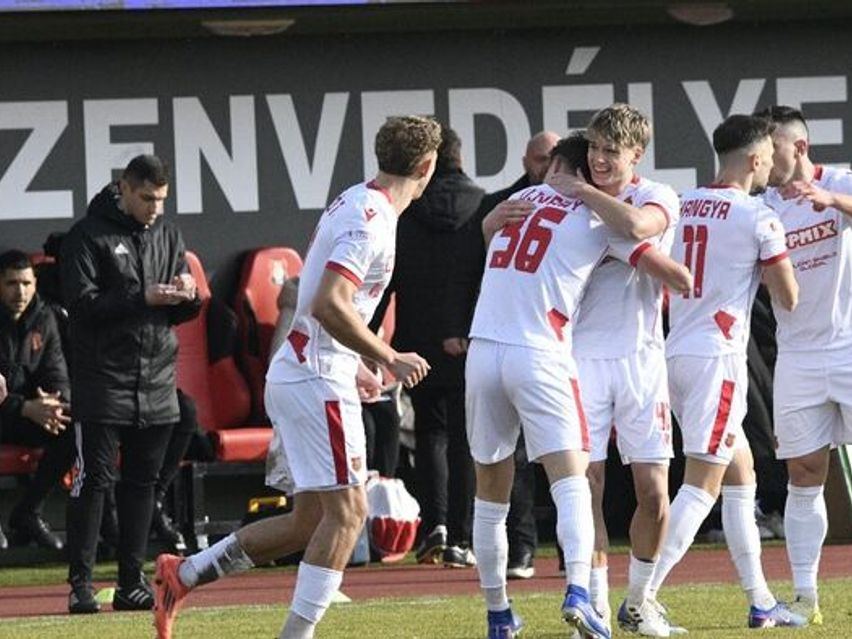


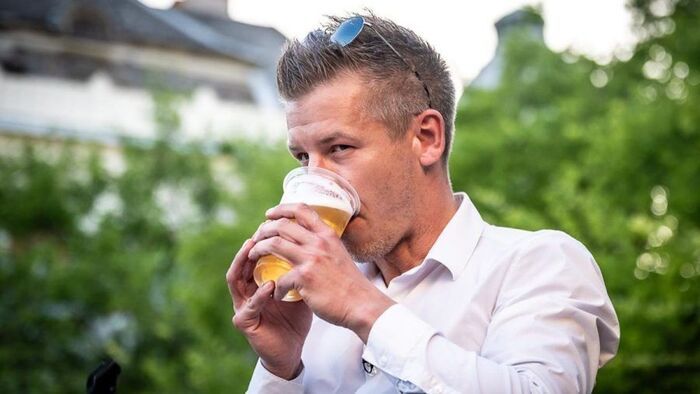
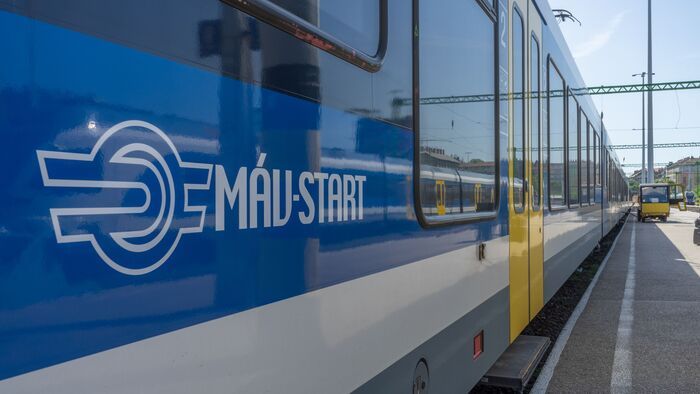
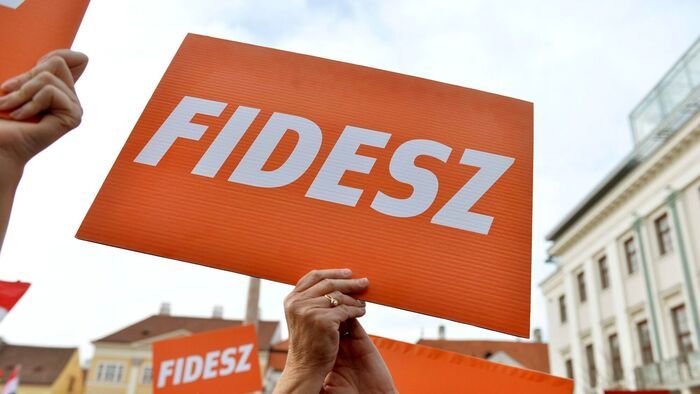
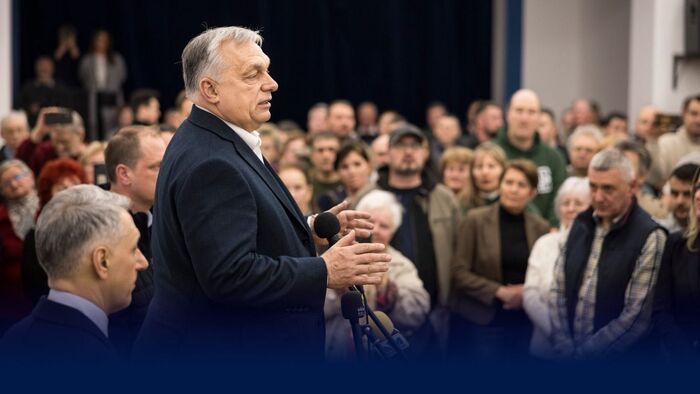

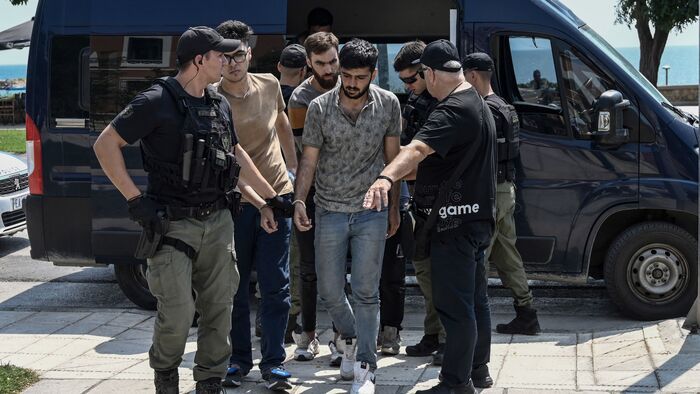
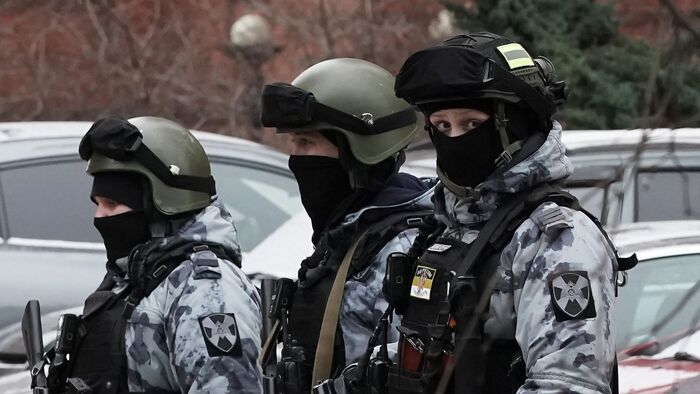


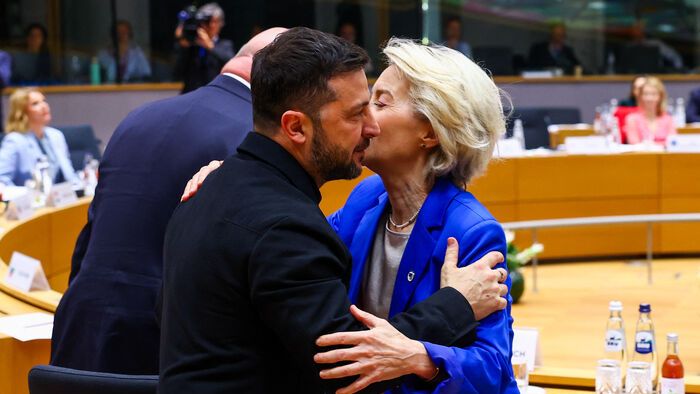


Szóljon hozzá!
Jelenleg csak a hozzászólások egy kis részét látja. Hozzászóláshoz és a további kommentek megtekintéséhez lépjen be, vagy regisztráljon!